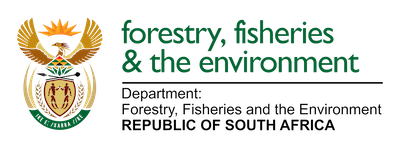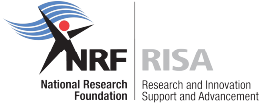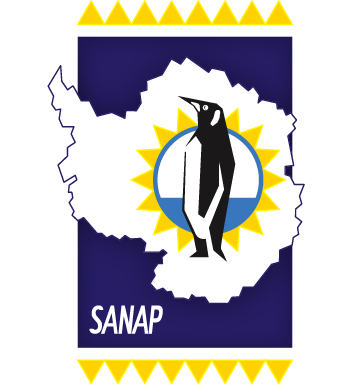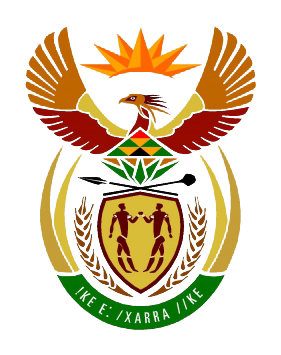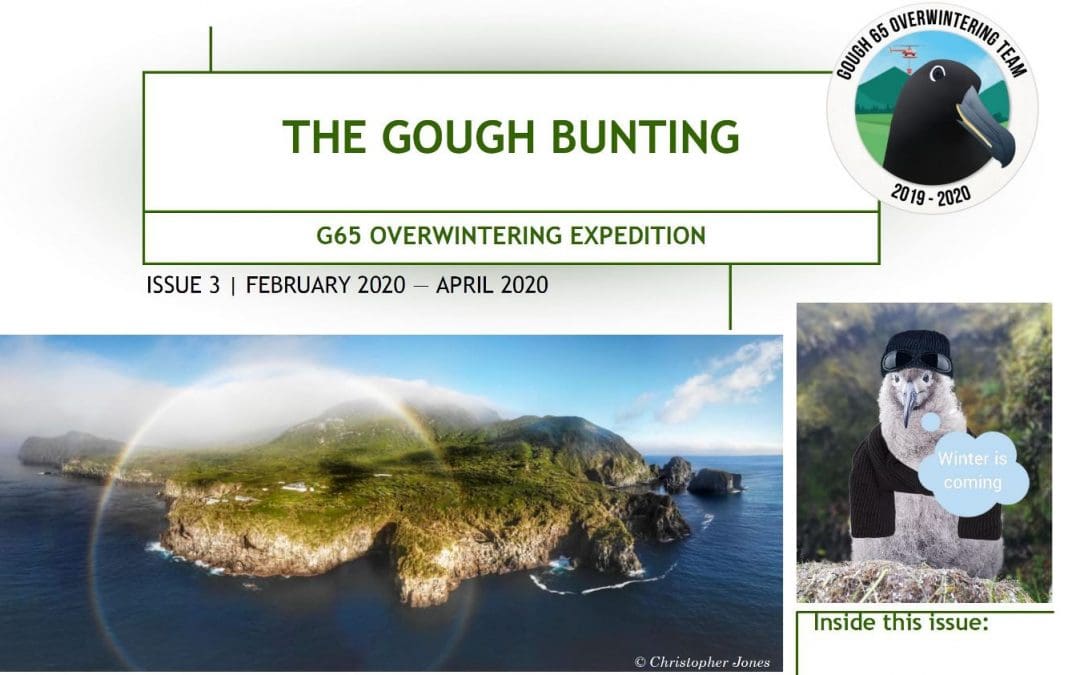
by Ria Olivier | May 7, 2020 | Gough Island, News, Newsletters>Gough Island Newsletters, Overwintering Team
In this edition:
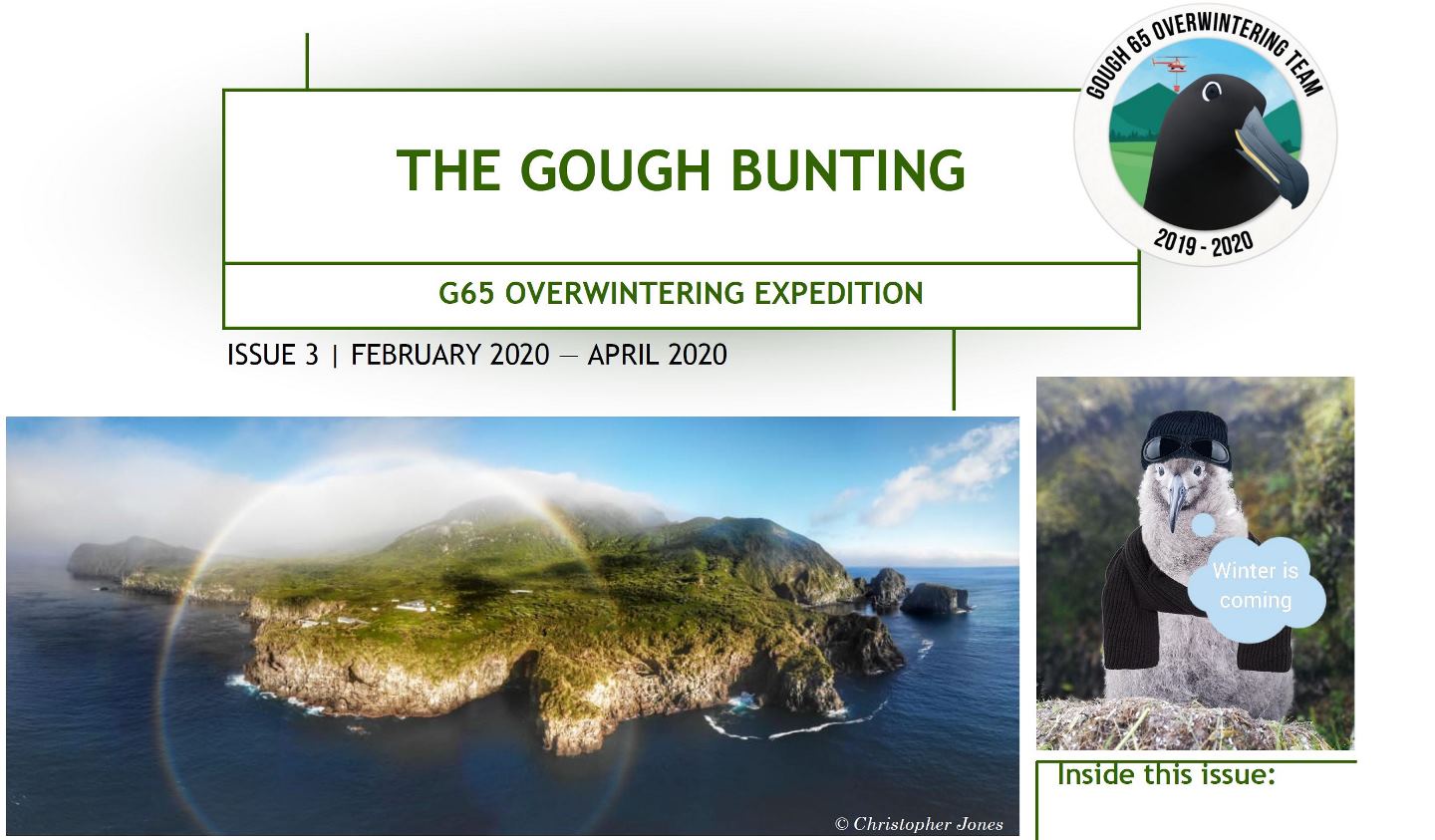
Gough65 Newsletter – Issue 3
- So what does a Meteorological Technician do?
- So close, yet so far…
-
Living on a tiny rock in the South Atlantic during a global pandemic
- Going on an adventure — part II
- Life as a Communication and Electronics Engineer at Gough Base
- Gough Island Pool Tournament
- A brief history of Gough Island
- Cooking life on Gough
- From the Metkassies
Click here to download/view this issue of the Gough Bunting.
Click here to view all the Gough Buntings (newsletters) available on the Antarctic Legacy of South Africa Archive.
Anché Louw, Antarctic Legacy of South Africa, 07 May 2020.
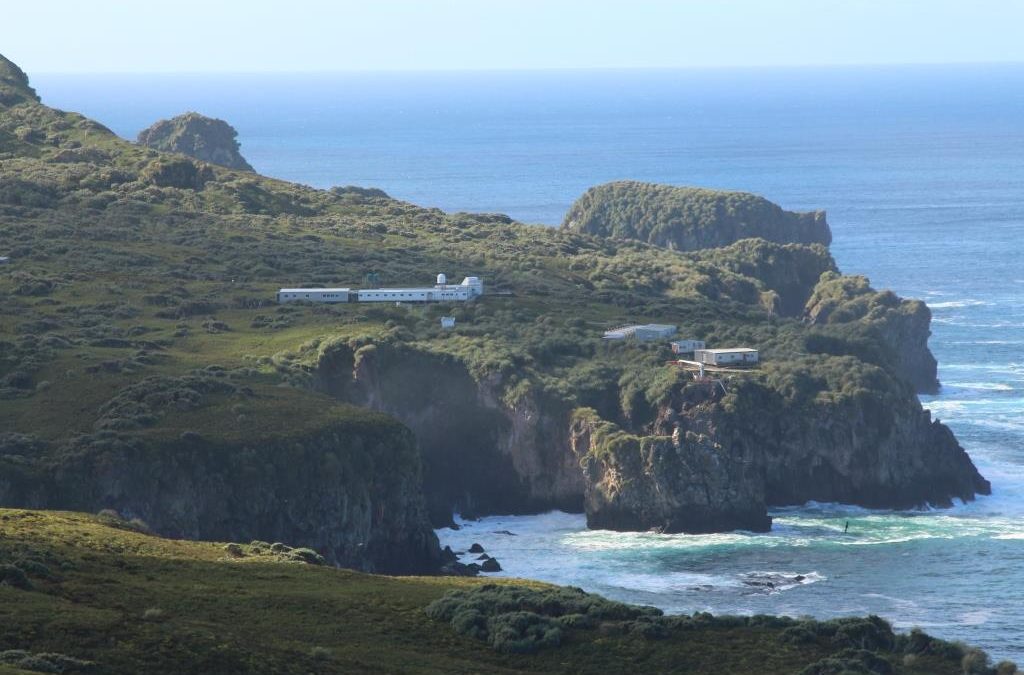
by Ria Olivier | Apr 20, 2020 | Announcement, Environment, Gough Island, Heritage Day, Important Dates, International Days, sub-Antarctic
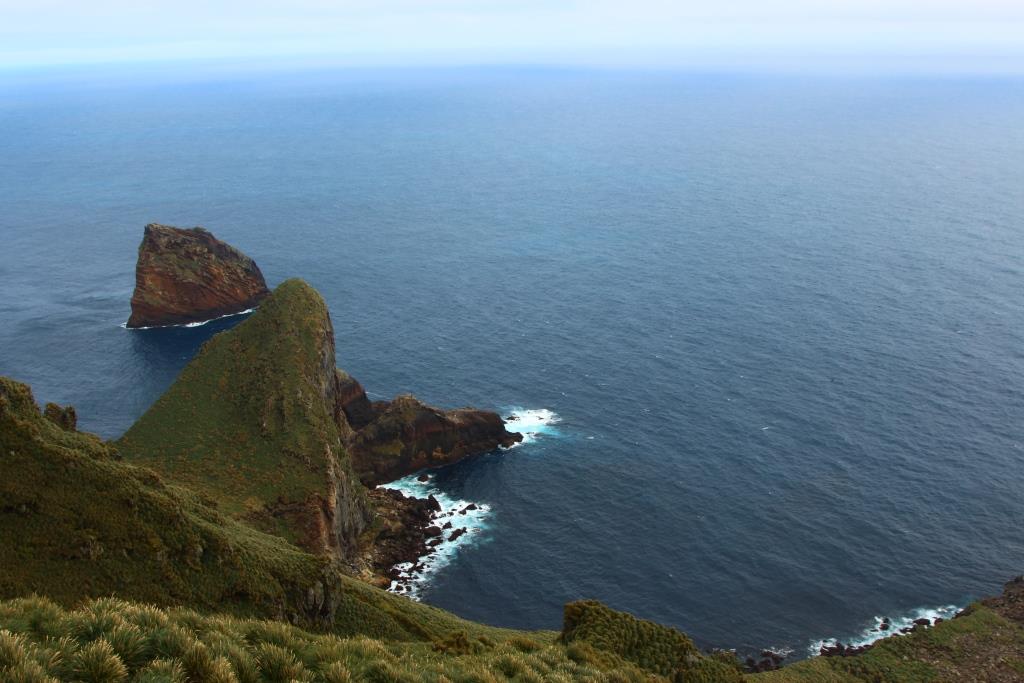
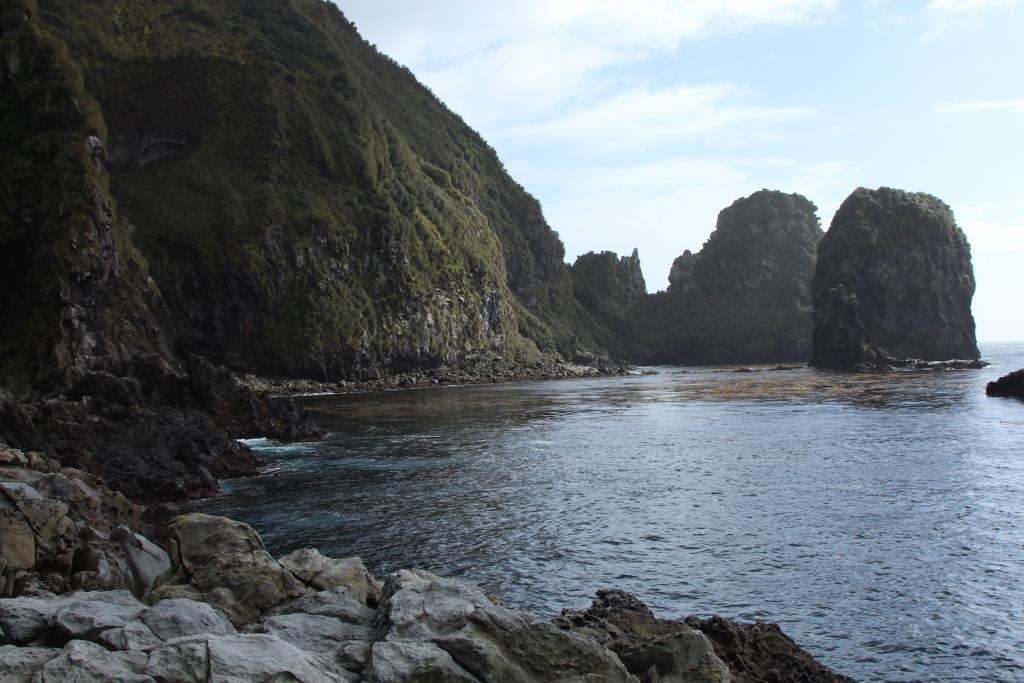
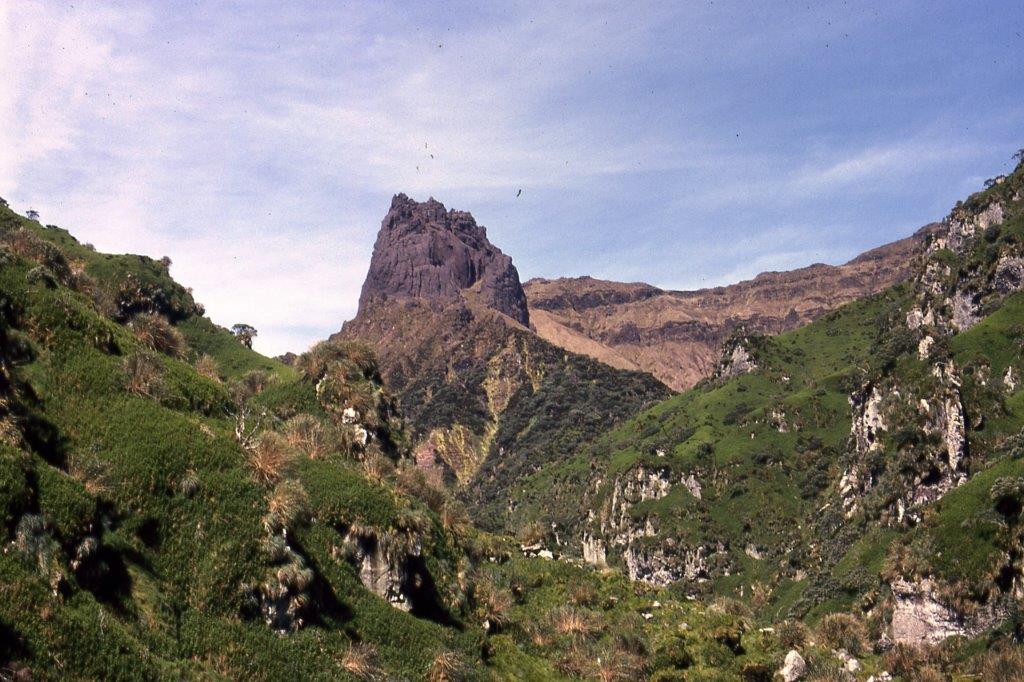 “World Heritage Day or the International Day of Monuments and Sites has always been an occasion to reflect upon – and often visit – heritage sites that are important to us. This year, during the Covid-19 crisis, most of us can only enjoy our heritage online, through virtual visits and tours, as well as social media posts.” – UNESCO (Visit the ALSA archive and the SANAP website photo galleries to see images)
“World Heritage Day or the International Day of Monuments and Sites has always been an occasion to reflect upon – and often visit – heritage sites that are important to us. This year, during the Covid-19 crisis, most of us can only enjoy our heritage online, through virtual visits and tours, as well as social media posts.” – UNESCO (Visit the ALSA archive and the SANAP website photo galleries to see images)
Owing largely to its spectacular abundance of seabirds, and its unusual and reputedly pristine landscape, Gough Island was declared a wildlife reserve under the Tristan da Cunha Conservation Ordinance of 1976, gained Scientific/Strict Nature Reserve Status under IUCN Category I in 1985, was inscribed on the IUCN World Heritage list (under criteria iii, iv) in 1995, and in 1997 became a nature reserve under the Tristan da Cunha Conservation (Amendment) Ordinance. The nature reserve now encompasses a 12 nautical mile zone around the shore. Activities on Gough Island and in the surrounding waters are regulated by formal ordinances of Tristan da Cunha, including those for Conservation, for Export and Import Control, and for Fisheries Limits, and by the adoption of a formal manage1nent plan. (From “Gough Island; a Natural history” by C Hanel, SL Chown and KJ Gaston)
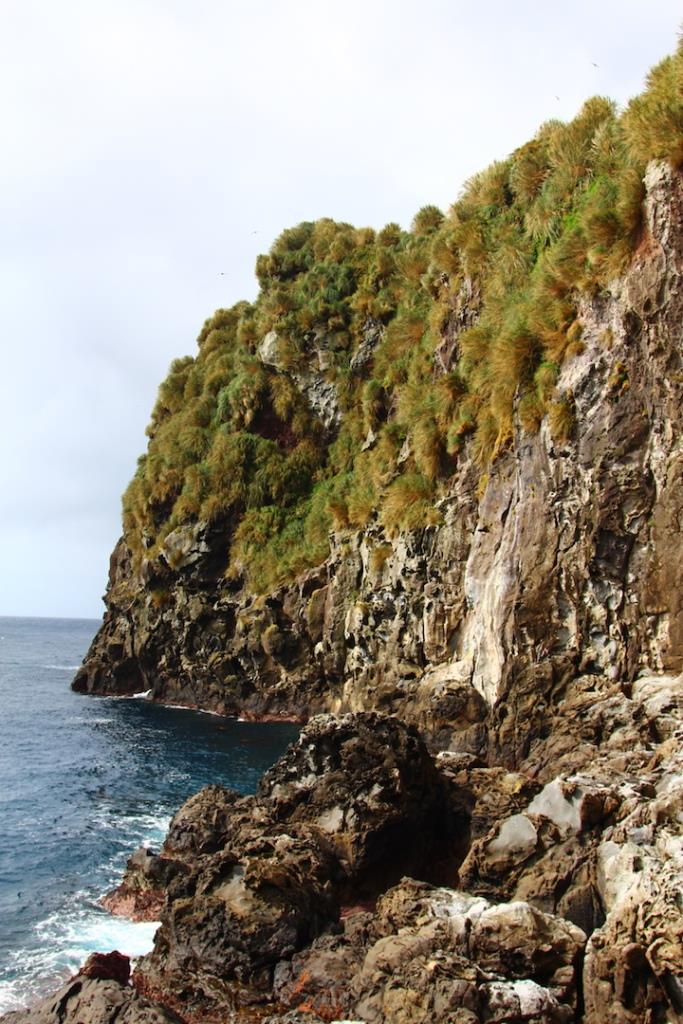
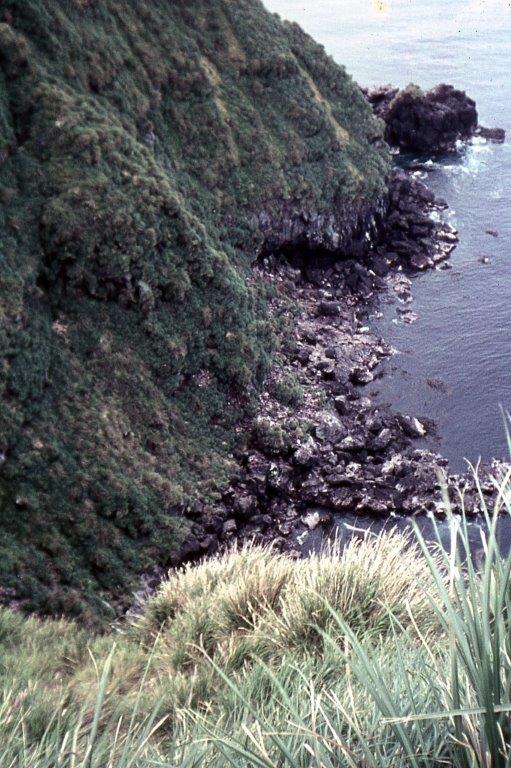

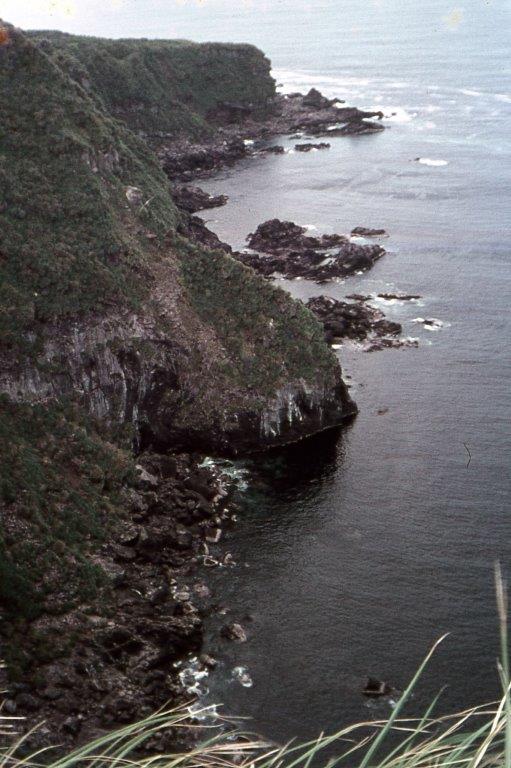 The Gough and Inaccessible Islands World Heritage Site Management Plan focuses on identifying priority actions for the conservation of the property over a five year period, and does not supersede the two existing Management Plans for Gough and Inaccessible Islands. Separate zoning strategies for Gough and Inaccessible Islands have been developed. On Gough, there are Logistic, Marine, Scientific research, and Conservation zones; on Inaccessible there are Accommodation, Natural, Wilderness, and Marine zones. Within these various areas, defined in detail in the respective Management Plans, certain activities are constrained or allowed. A single zoning strategy is needed covering the whole World Heritage property, including the marine area. –UNESCO
The Gough and Inaccessible Islands World Heritage Site Management Plan focuses on identifying priority actions for the conservation of the property over a five year period, and does not supersede the two existing Management Plans for Gough and Inaccessible Islands. Separate zoning strategies for Gough and Inaccessible Islands have been developed. On Gough, there are Logistic, Marine, Scientific research, and Conservation zones; on Inaccessible there are Accommodation, Natural, Wilderness, and Marine zones. Within these various areas, defined in detail in the respective Management Plans, certain activities are constrained or allowed. A single zoning strategy is needed covering the whole World Heritage property, including the marine area. –UNESCO
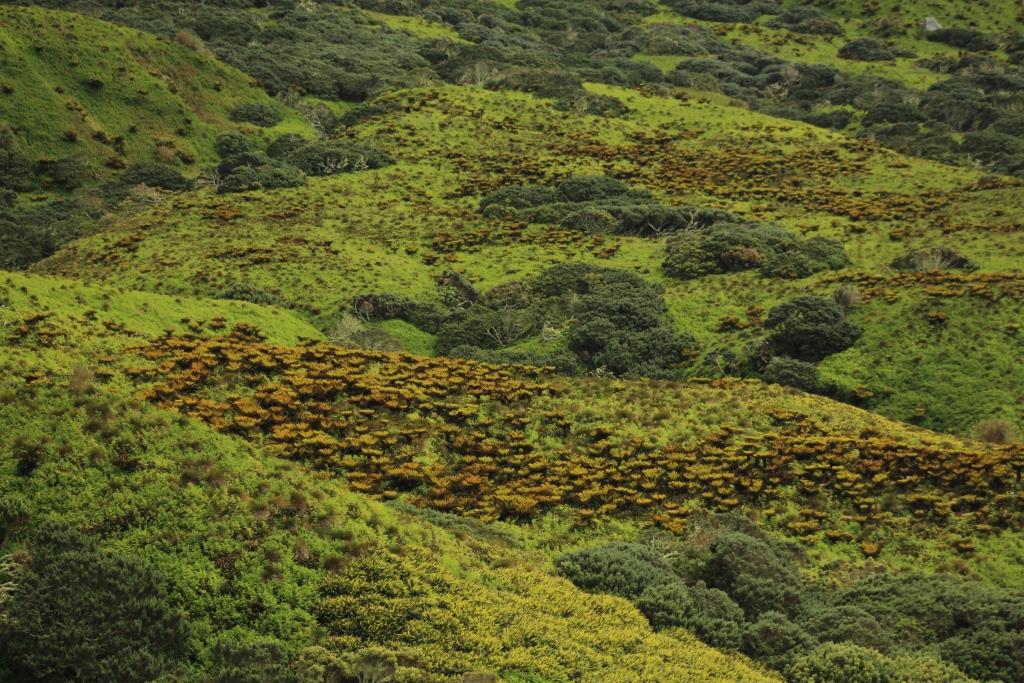
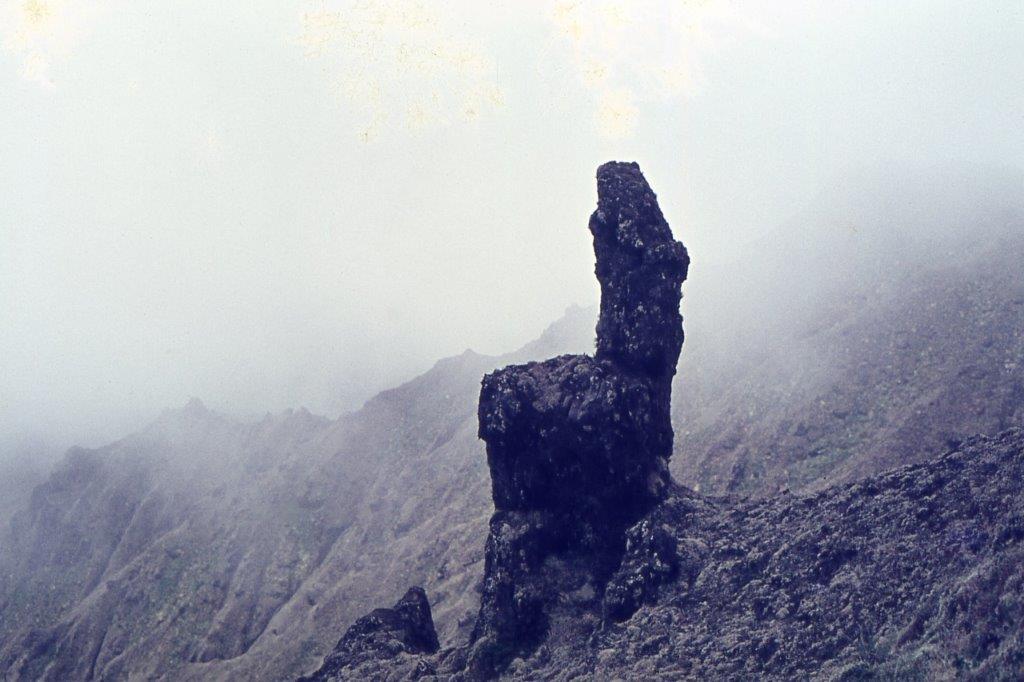
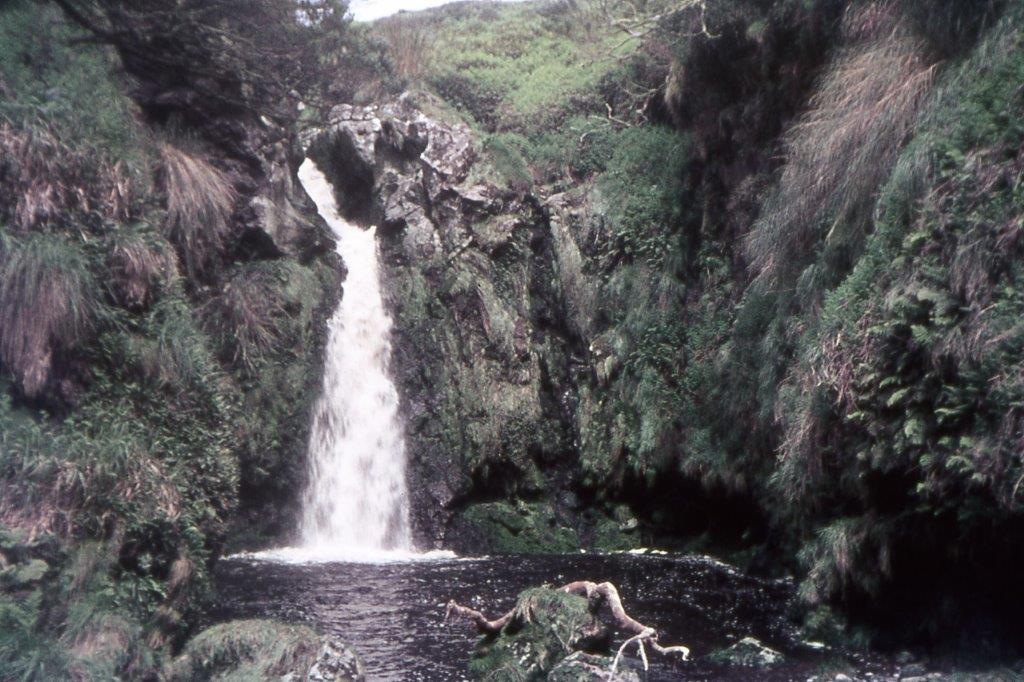 The site, located in the south Atlantic, is one of the least-disrupted island and marine ecosystems in the cool temperate zone. The spectacular cliffs of Gough, towering above the ocean, are home to one of the world’s largest colonies of sea birds. Gough Island is home to two endemic species of land birds, the Gallinule Comeri (Gough Moorhen-below left)and the Gough Rowettia Goughhensis (Gough Finch- below middle,right), as well as to 12 endemic species of plants.
The site, located in the south Atlantic, is one of the least-disrupted island and marine ecosystems in the cool temperate zone. The spectacular cliffs of Gough, towering above the ocean, are home to one of the world’s largest colonies of sea birds. Gough Island is home to two endemic species of land birds, the Gallinule Comeri (Gough Moorhen-below left)and the Gough Rowettia Goughhensis (Gough Finch- below middle,right), as well as to 12 endemic species of plants.
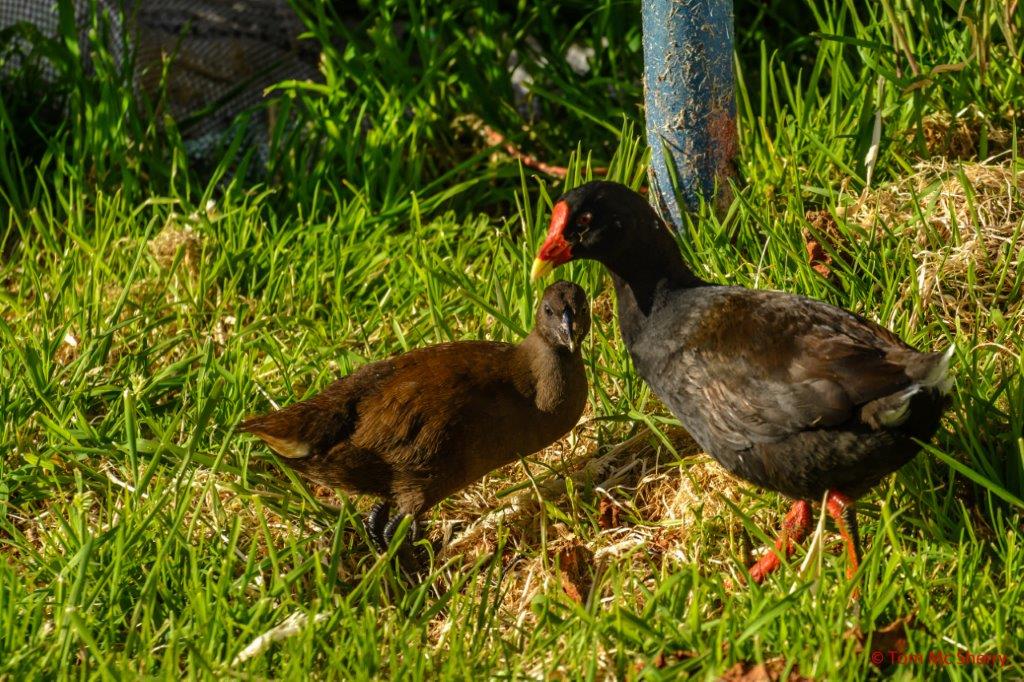
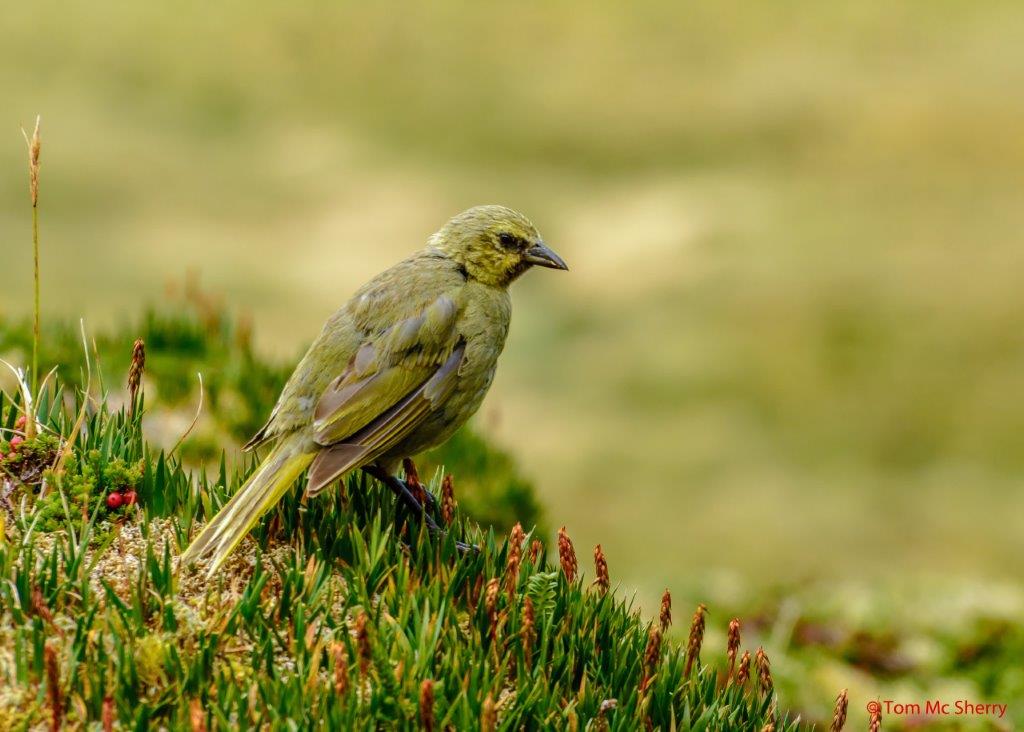
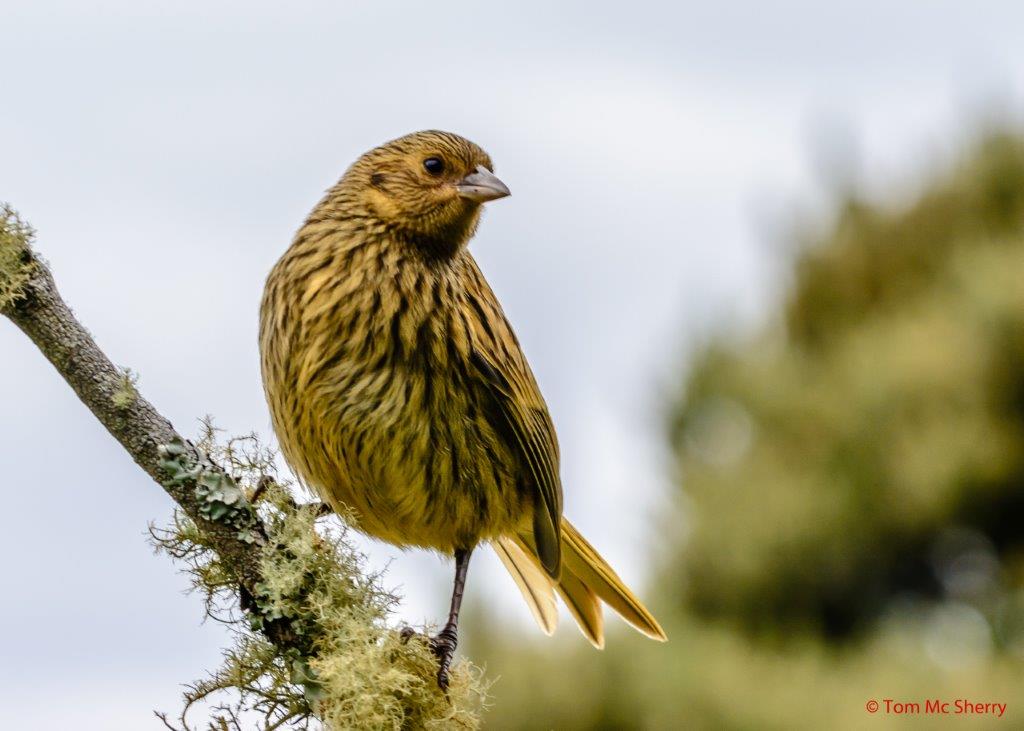
Although now most widely known as a haven for seabirds and an important conservation area in the Southern Ocean, the island has long caught the attention of mariners and adventurers. At first, the island was appreciated as a source of perennial fresh water, whilst later its strategic position, unusual terrestrial flora and fauna, and marine living resources have proven the attraction.
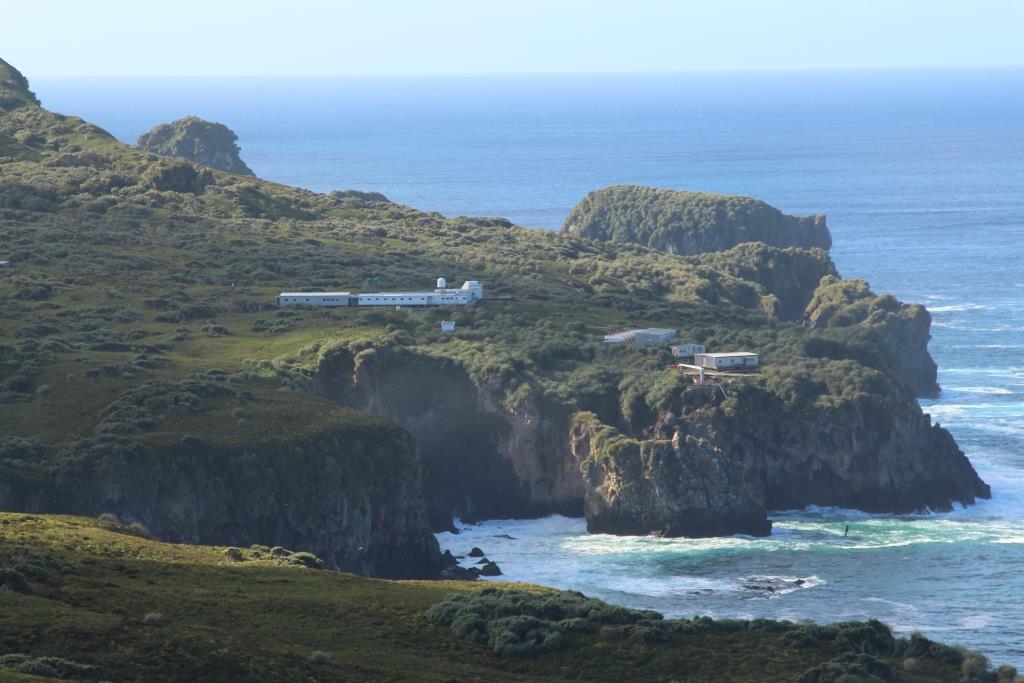 Its position in the path of cold fronts generated in the far Southern Ocean and on their way to South Africa has meant that the conditions experienced at Gough Island serve as an early warning for those that can be expected in South Africa and along the Cape sea route. for this reason, a South African meteorological station has been maintained at the island in an agreement reached with the administration of Tristan da Cunha. From: “Gough Island; a Natural history” by C Hanel, SL Chown and KJ Gaston
Its position in the path of cold fronts generated in the far Southern Ocean and on their way to South Africa has meant that the conditions experienced at Gough Island serve as an early warning for those that can be expected in South Africa and along the Cape sea route. for this reason, a South African meteorological station has been maintained at the island in an agreement reached with the administration of Tristan da Cunha. From: “Gough Island; a Natural history” by C Hanel, SL Chown and KJ Gaston
Photo Credits: G Roussouw, T McSherry, J Cleeland
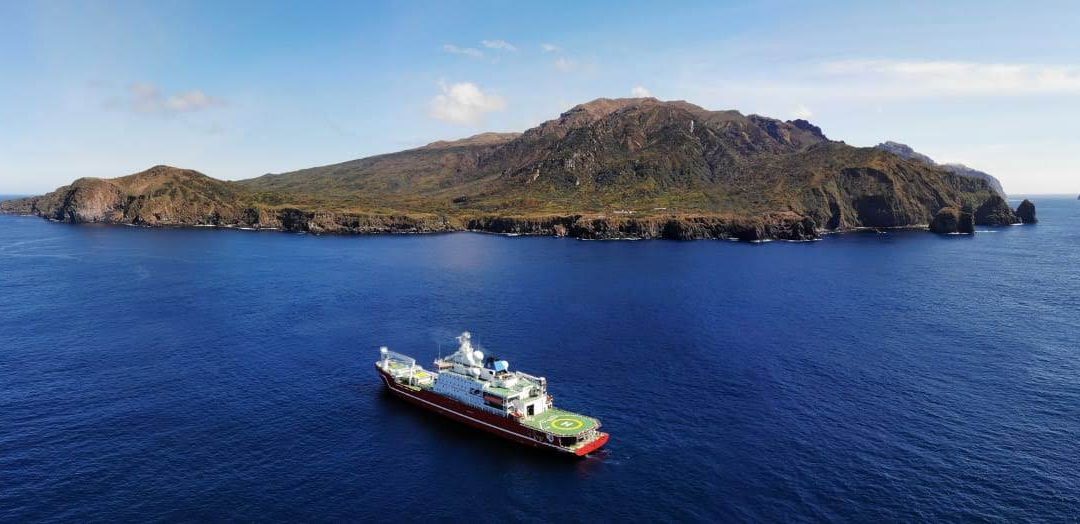
by Ria Olivier | Mar 12, 2020 | Announcement, Gough Island, Jobs
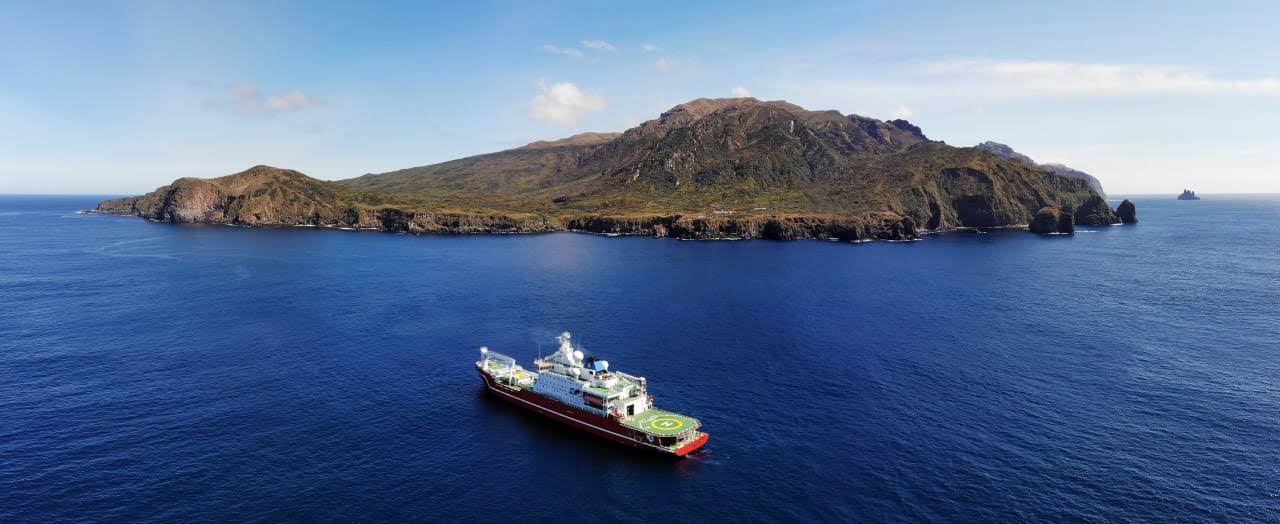
S.A. Agulhas II at Gough Island
Gough Island is a remote, uninhabited island in theTristan da Cunha archipelago, in the South Atlantic Ocean, more than 1,500 miles from Cape Town. Naturally free of land predators Gough has been an idyllic nesting ground relied upon by millions of seabirds including many who breed almost nowhere else.
Its importance for threatened species and sites of outstanding universal value earned Gough World Heritage Site status in 1995 and Important Bird Area status in 2013.
Mice were accidentally introduced to the island, most probably by sailors during the 19th Century. Since arriving on Gough they have learnt to exploit all available food sources on the island, including seabirds. Video cameras reveal how the mice eat the flesh of seabird chicks.  Tristan albatross chicks weigh up to 10kg, but open wounds inflicted over successive nights frequently lead to their deaths. Mice are now starting to attack adult seabirds too. The loss of adult birds adds even greater urgency to this extinction prevention project.
Tristan albatross chicks weigh up to 10kg, but open wounds inflicted over successive nights frequently lead to their deaths. Mice are now starting to attack adult seabirds too. The loss of adult birds adds even greater urgency to this extinction prevention project.
The Gough Island Restoration Project is recruiting Gough Island Field Assistants!

Field Assistants
This is an opportunity to be part of one of the RSPB’s biggest ever projects to save #seabirds on a stunning island in the South Atlantic Ocean! We are hiring 3 Field Assistants to be based on Gough Island from Aug 2020 – Sept 2021 to monitor bird populations following the restoration of the island.
Find out more about assistants and apply here:
Senior-field-assistant
Field-assistant
Photos: Michelle Most-excellent & Jones Chris Most-excellent Jones
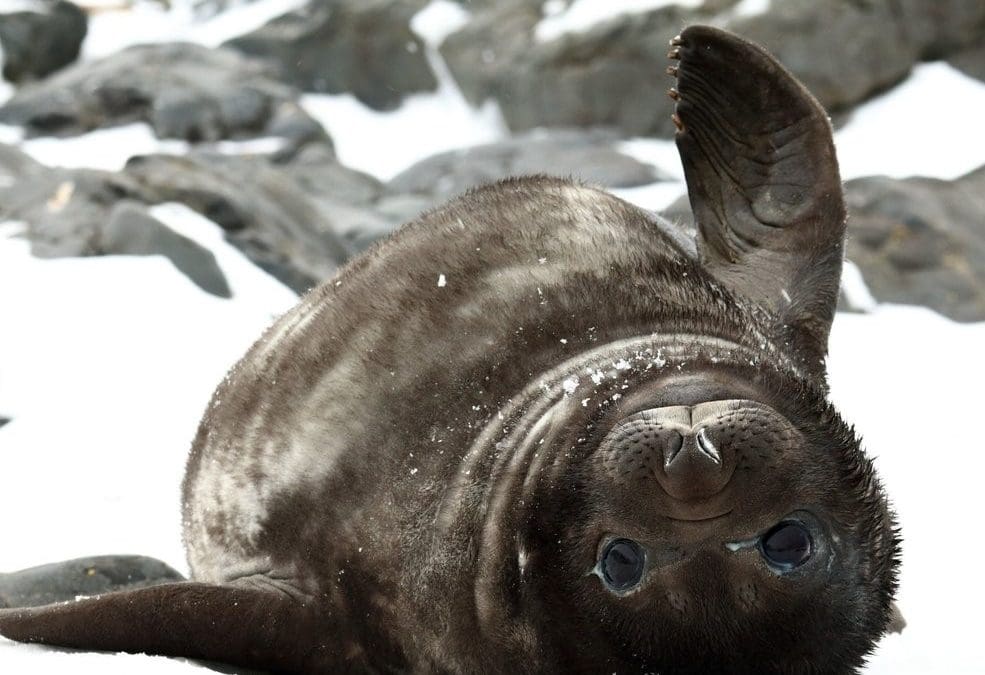
by Ria Olivier | Mar 3, 2020 | Antarctica, Environment, Gough Island, Marion Island, Research, SANAE, SANAE Gallery, Science, Southern Ocean
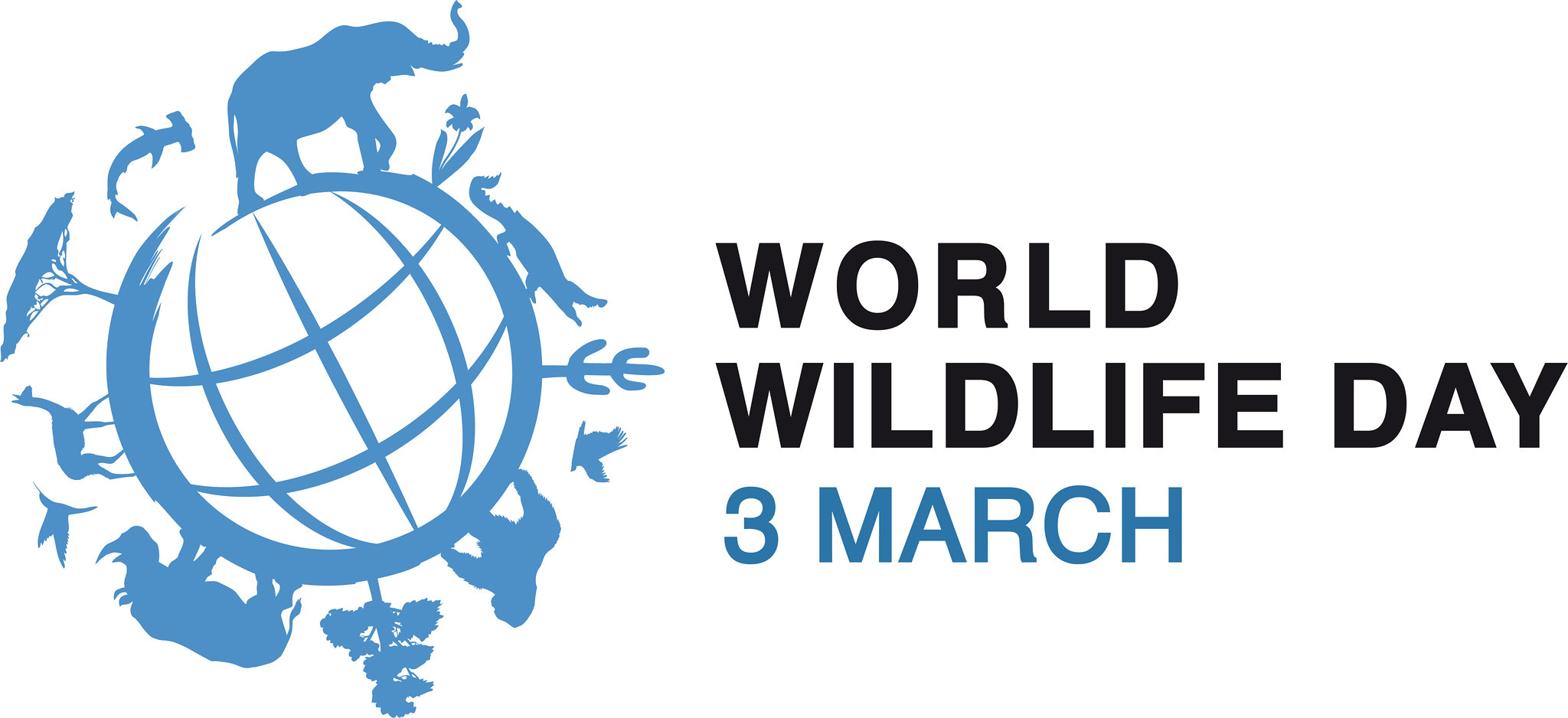 On World Wildlife Day 2020, we will celebrate the special place of wild plants and animals in their many varied and beautiful forms as a component of the world’s biological diversity. World Wildlife Day in 2020 is celebrated under the theme “Sustaining all life on Earth”, encompassing all wild animal and plant species as key components of the world’s biodiversity. This aligns with UN Sustainable Development Goals 1, 12, 14 and 15, and their wide-ranging commitments on alleviating poverty, ensuring sustainable use of resources, and on conserving life both on land and below water to halt biodiversity loss. On 20 December 2013, at its 68th session, the United Nations General Assembly (UNGA) proclaimed 3 March – the day of signature of the Convention on International Trade in Endangered Species of Wild Fauna and Flora (CITES) in 1973 – as UN World Wildlife Day to celebrate and raise awareness of the world’s wild animals and plants.
On World Wildlife Day 2020, we will celebrate the special place of wild plants and animals in their many varied and beautiful forms as a component of the world’s biological diversity. World Wildlife Day in 2020 is celebrated under the theme “Sustaining all life on Earth”, encompassing all wild animal and plant species as key components of the world’s biodiversity. This aligns with UN Sustainable Development Goals 1, 12, 14 and 15, and their wide-ranging commitments on alleviating poverty, ensuring sustainable use of resources, and on conserving life both on land and below water to halt biodiversity loss. On 20 December 2013, at its 68th session, the United Nations General Assembly (UNGA) proclaimed 3 March – the day of signature of the Convention on International Trade in Endangered Species of Wild Fauna and Flora (CITES) in 1973 – as UN World Wildlife Day to celebrate and raise awareness of the world’s wild animals and plants.
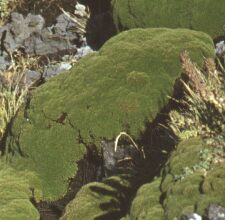
Azorella selago (Photo Credit: Niek Gremmen)
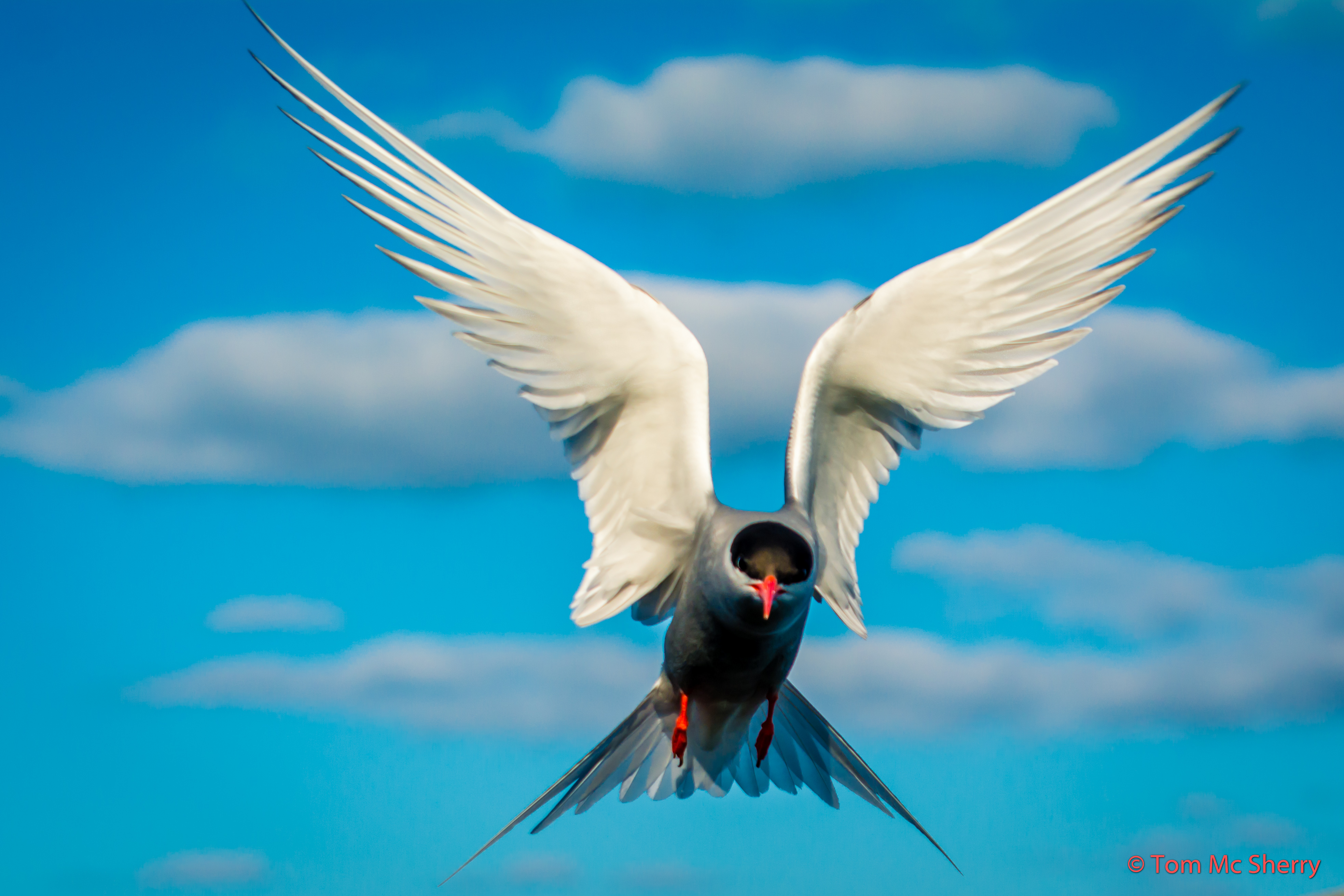
Antarctic Tern (Photo Credit: Tom McSherry)
The South African National Antarctic Programme (SANAP) plays a crucial role in conserving this living laboratory – – the coldest, windiest and driest place on Earth. Studies done in the Antarctic, sub-Antarctic and Southern Ocean are inextricably linked to our understanding of the entire Earth system and signals in Antarctica indicate past and future global changes. SANAP recognises the global and national importance of safeguarding the environment of the Antarctic and Southern Ocean and protecting the integrity of ecosystems, both marine and terrestrial, in the region.
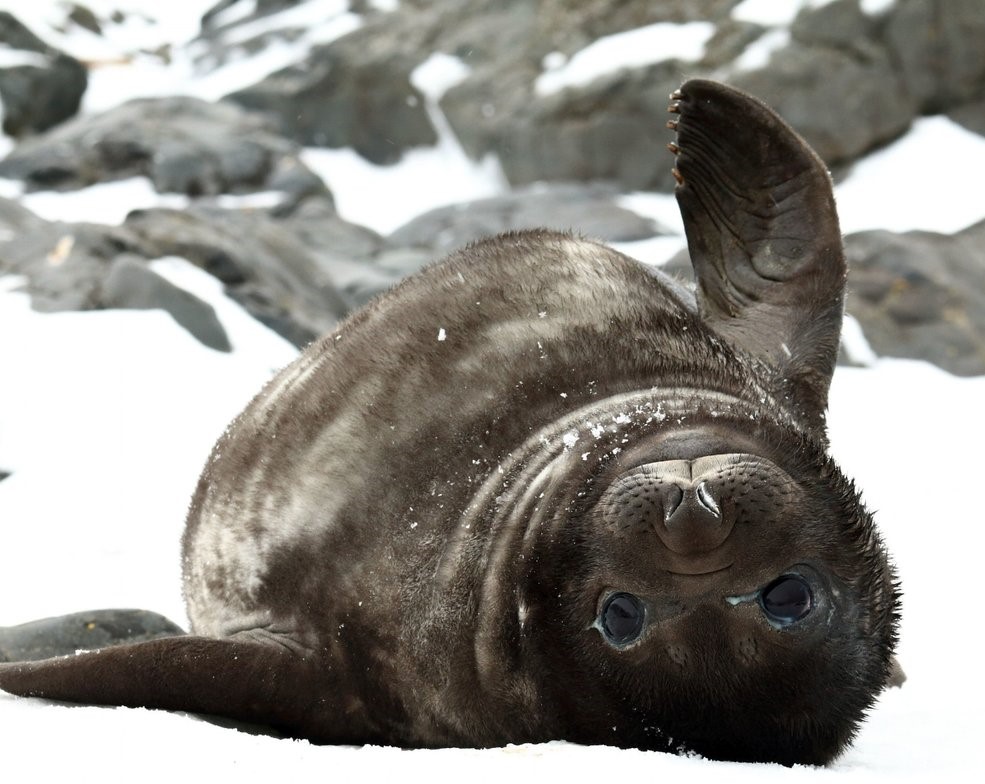
Weddell Seal – Photo Credit: Chris Oosthuizen
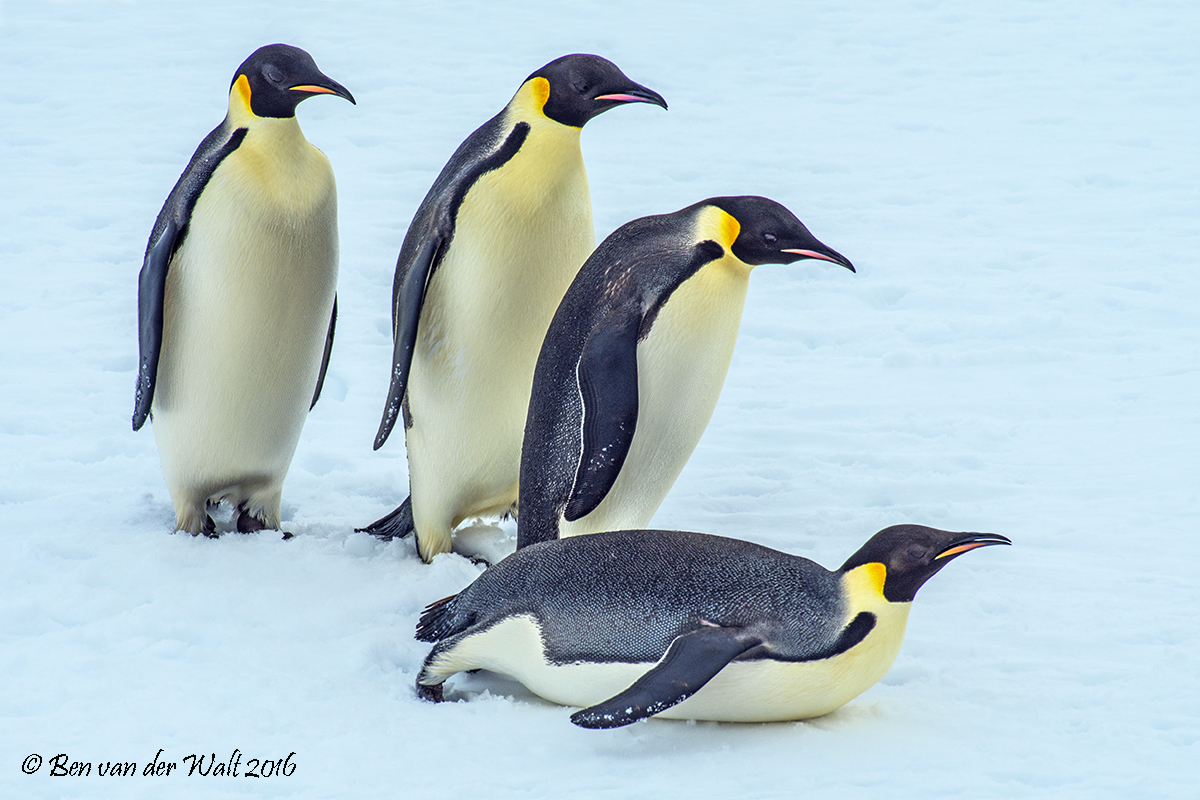
Photo Credit: Ben van der Walt
SANAP slogan “Understands, Develop and Conserve is celebrating World Wildlife Day 2020. 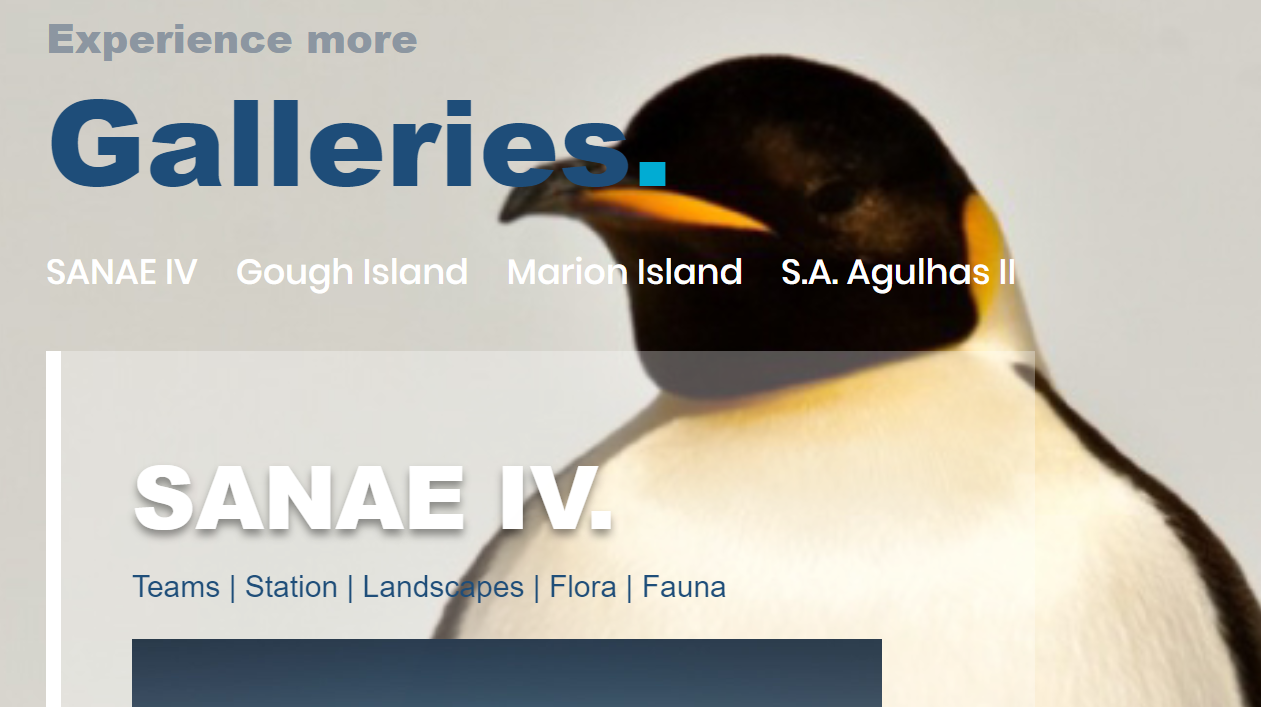 See amazing images on the SANAP website under galleries of the different stations of South Africa. Go to the ALSA archive and look for the interaction images of man and the environment
See amazing images on the SANAP website under galleries of the different stations of South Africa. Go to the ALSA archive and look for the interaction images of man and the environment

by Ria Olivier | Feb 24, 2020 | Announcement, Antarctica, Gough Island, Marion Island, Research, SA Agulhas II, SANAP, Southern Ocean, sub-Antarctic

South African National Programme (SANAP)
CALL
Deadline 30 April 2020
(NRF General Application Guide 2021; Grants Management and Systems Administration (GMSA)
SANAP is a region-specific, theme-driven funding instrument which supports research in the Southern Ocean, including the Prince Edward Islands, and in Antarctica. As a competitive funding instrument, the chief eligibility criteria are:
- Research in the geographic region of the Southern Ocean, including the Prince Edward Islands, and / or in Antarctica
- Alignment with the research themes as detailed in the South African Antarctic and Southern Ocean Research Plan (2014-2024)
- Scientific merit and quality of the research proposal
- Evidence of associated human capacity development
SANAP research addresses the research themes detailed in the South African Antarctic and Southern Ocean Research Plan (2014-2024), and is underpinned by the overarching South African Marine and Antarctic Research Strategy (MARS) of 2015. The Antarctic and Southern Ocean Research Plan (hereafter “the Research Plan”) is focused on an integrative systems approach to understanding the evolution of the earth systems and ecosystems in the 21st Century. The Research Plan provides the overarching framework of operations for SANAP research activities, and follows the integrated progression from Earth Systems to Ecosystems to Human Systems in the research themes. Human activities and socio-political complexities in this international arena are of equal importance.(1).
Specific research themes detailed in the Research Plan are: Earth Systems, Living Systems, Human Enterprise and Innovation: Southern Ocean and Antarctic technology and engineering
Social Sciences, Law and Humanities applications are especially encouraged, as are applications addressing innovation. Each research theme has a number of sub- themes, and applicants are strongly encouraged to familiarise themselves with the thematic focus of the Research Plan, as well as with the overall strategic context provided in the MARS (both attached hereto) so as to ensure that their applications meet the very specific scientific and strategic objectives of this funding instrument.
EXECUTIVE SUMMARY
The National Research Foundation (NRF) recognises that in order for South Africa to be internationally competitive and to meaningfully contribute to the global economy, the country must have the capability to understand the knowledge produced by others. This understanding can best be developed through performing research. Publicly funded basic and applied research is viewed as a source of new ideas, opportunities, methods, and most importantly, the means through which problem solvers can be trained.
The South African Antarctic and Southern Ocean Research Plan (2014-2024) serves to link South Africa’s comparative geographic and research advantage, regional stewardship and national interest considerations to research themes so as to stimulate systems scale integration of knowledge and understanding. This will not only strengthen South Africa’s profile and develop advanced skills, but in so doing will also support the Country’s geo-political and citizenship goals in both regional and global dialogues. The importance of South Africa’s geographical proximity to Antarctica and its position as a Southern Ocean2 littoral State cannot be overstressed.
South Africa also maintains bases at Marion and Gough Islands, administered by the Department of Environment, Forestry and Fisheries (DEFF). Marion Island and Prince Edward Island together form the Prince Edward Islands Group, annexed by South Africa in 1947. Gough Island is a British protectorate which hosts the South African meteorological station, which operates as part of an agreement between South Africa and the United Kingdom.
The country runs the risk of not fully utilizing or maximizing the benefits from this geographic advantage, owing to a lack of adequate human capital. This includes the risk that the country may own research platforms and facilities, but could be subject to a form of “knowledge colonization” from international quarters, many of whom already possess a critical mass of requisite skills. The SANAP is a long-term funding instrument designed to ensure the creation of a demographically balanced Antarctic research programme that strives for internationally competitive research, promotes inter-disciplinarity and creates links with other African countries.
(1)The South African Antarctic and Southern Ocean Research Plan (2014-2024)
(2).This area includes the Prince Edward Islands over which South Africa exercises undisputed sovereignty. The Southern Ocean is defined as the region south of Africa comprising the ocean and the sub-Antarctic Islands up to, and including, the Antarctic Continental Shelf Zone.
by Ria Olivier | Feb 5, 2020 | Announcement, Gough Island, Jobs
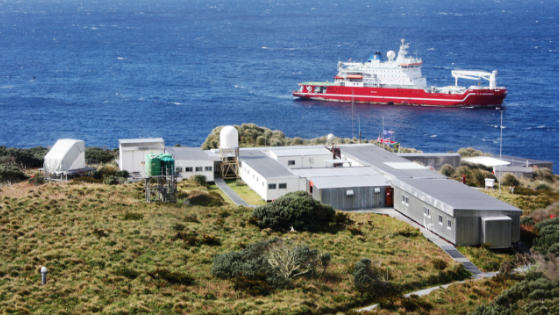
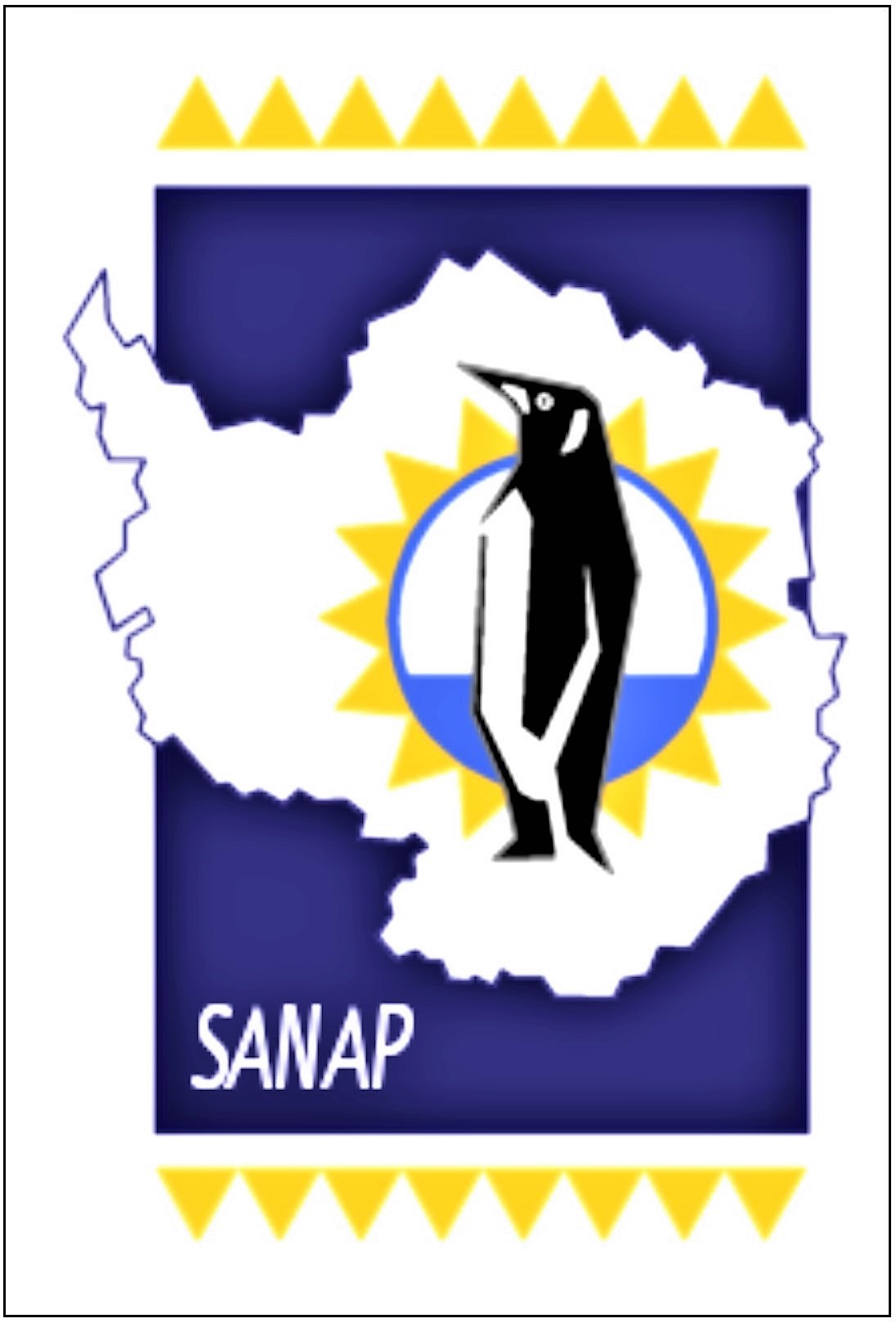
The next Gough Island Overwintering Expedition will depart from Cape Town in September 2020. This will be the 66th Gough Island overwintering team who will return to Cape Town in October 2021.
Positions currently advertised:
If you are interested in applying to overwinter, please click here.
Please note that applications close between 1 March 2020.
Please download the PDF advert of the position you are interested in and follow the application instructions as set out in the advert. Download Z83 here
Read more:
Recent newsletter of Gough65 team (Click here).
Click here and here for more information on Gough Island (English).
Photo Credit: Julius Klette





 “World Heritage Day or the International Day of Monuments and Sites has always been an occasion to reflect upon – and often visit – heritage sites that are important to us. This year, during the Covid-19 crisis, most of us can only enjoy our heritage online, through virtual visits and tours, as well as social media posts.” – UNESCO (Visit the ALSA archive and the
“World Heritage Day or the International Day of Monuments and Sites has always been an occasion to reflect upon – and often visit – heritage sites that are important to us. This year, during the Covid-19 crisis, most of us can only enjoy our heritage online, through virtual visits and tours, as well as social media posts.” – UNESCO (Visit the ALSA archive and the 


 The Gough and Inaccessible Islands World Heritage Site Management Plan focuses on identifying priority actions for the conservation of the property over a five year period, and does not supersede the two existing Management Plans for Gough and Inaccessible Islands. Separate zoning strategies for Gough and Inaccessible Islands have been developed. On Gough, there are Logistic, Marine, Scientific research, and Conservation zones; on Inaccessible there are Accommodation, Natural, Wilderness, and Marine zones. Within these various areas, defined in detail in the respective Management Plans, certain activities are constrained or allowed. A single zoning strategy is needed covering the whole World Heritage property, including the marine area. –
The Gough and Inaccessible Islands World Heritage Site Management Plan focuses on identifying priority actions for the conservation of the property over a five year period, and does not supersede the two existing Management Plans for Gough and Inaccessible Islands. Separate zoning strategies for Gough and Inaccessible Islands have been developed. On Gough, there are Logistic, Marine, Scientific research, and Conservation zones; on Inaccessible there are Accommodation, Natural, Wilderness, and Marine zones. Within these various areas, defined in detail in the respective Management Plans, certain activities are constrained or allowed. A single zoning strategy is needed covering the whole World Heritage property, including the marine area. –

 The site, located in the south Atlantic, is one of the least-disrupted island and marine ecosystems in the cool temperate zone. The spectacular cliffs of Gough, towering above the ocean, are home to one of the world’s largest colonies of sea birds. Gough Island is home to two endemic species of land birds, the Gallinule Comeri (Gough Moorhen-below left)and the Gough Rowettia Goughhensis (Gough Finch- below middle,right), as well as to 12 endemic species of plants.
The site, located in the south Atlantic, is one of the least-disrupted island and marine ecosystems in the cool temperate zone. The spectacular cliffs of Gough, towering above the ocean, are home to one of the world’s largest colonies of sea birds. Gough Island is home to two endemic species of land birds, the Gallinule Comeri (Gough Moorhen-below left)and the Gough Rowettia Goughhensis (Gough Finch- below middle,right), as well as to 12 endemic species of plants.


 Its position in the path of cold fronts generated in the far Southern Ocean and on their way to South Africa has meant that the conditions experienced at Gough Island serve as an early warning for those that can be expected in South Africa and along the Cape sea route. for this reason, a South African meteorological station has been maintained at the island in an agreement reached with the administration of Tristan da Cunha. From: “Gough Island; a Natural history” by C Hanel, SL Chown and KJ Gaston
Its position in the path of cold fronts generated in the far Southern Ocean and on their way to South Africa has meant that the conditions experienced at Gough Island serve as an early warning for those that can be expected in South Africa and along the Cape sea route. for this reason, a South African meteorological station has been maintained at the island in an agreement reached with the administration of Tristan da Cunha. From: “Gough Island; a Natural history” by C Hanel, SL Chown and KJ Gaston

 Tristan albatross chicks weigh up to 10kg, but open wounds inflicted over successive nights frequently lead to their deaths. Mice are now starting to attack adult seabirds too. The loss of adult birds adds even greater urgency to this extinction prevention project.
Tristan albatross chicks weigh up to 10kg, but open wounds inflicted over successive nights frequently lead to their deaths. Mice are now starting to attack adult seabirds too. The loss of adult birds adds even greater urgency to this extinction prevention project.

 On
On 



 See amazing images on the SANAP website
See amazing images on the SANAP website 




